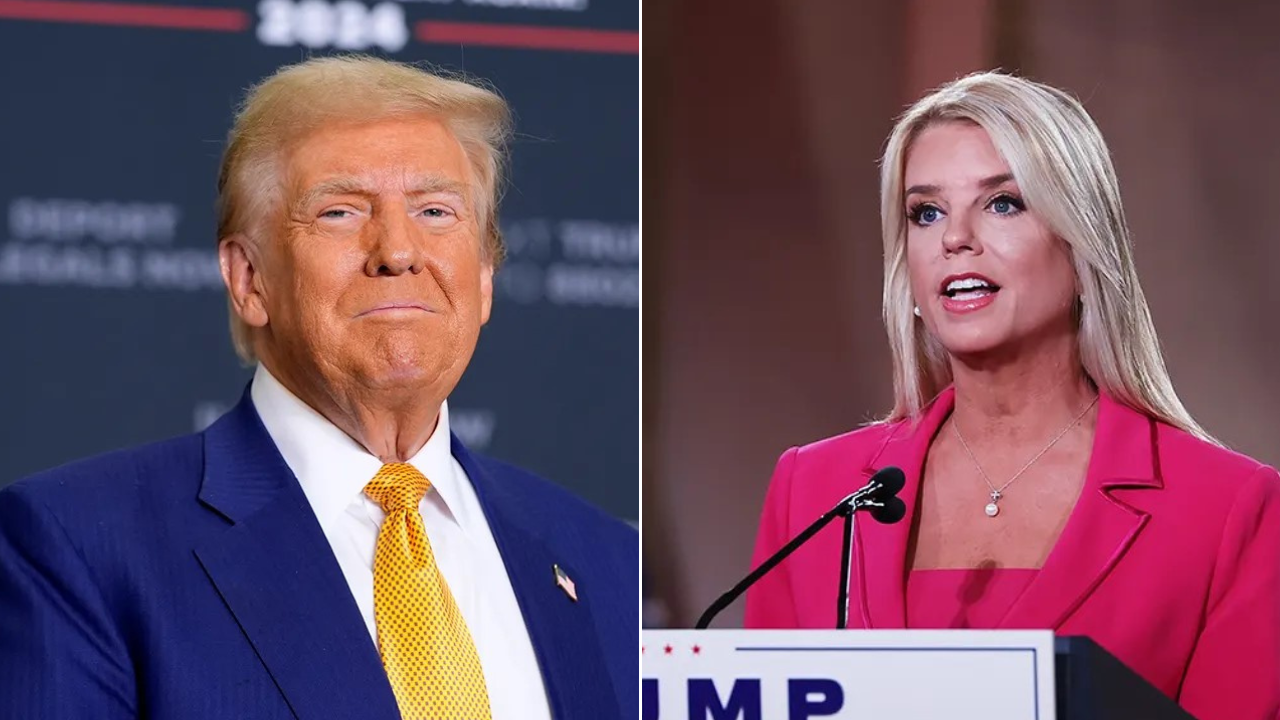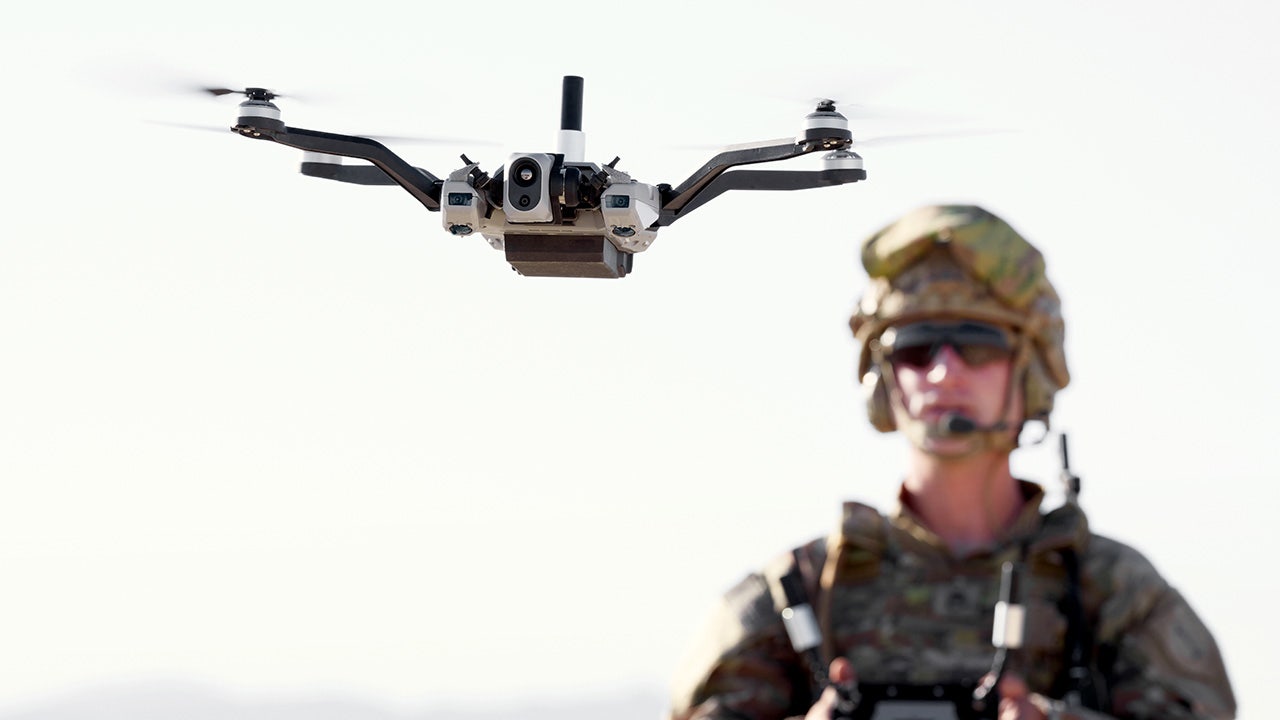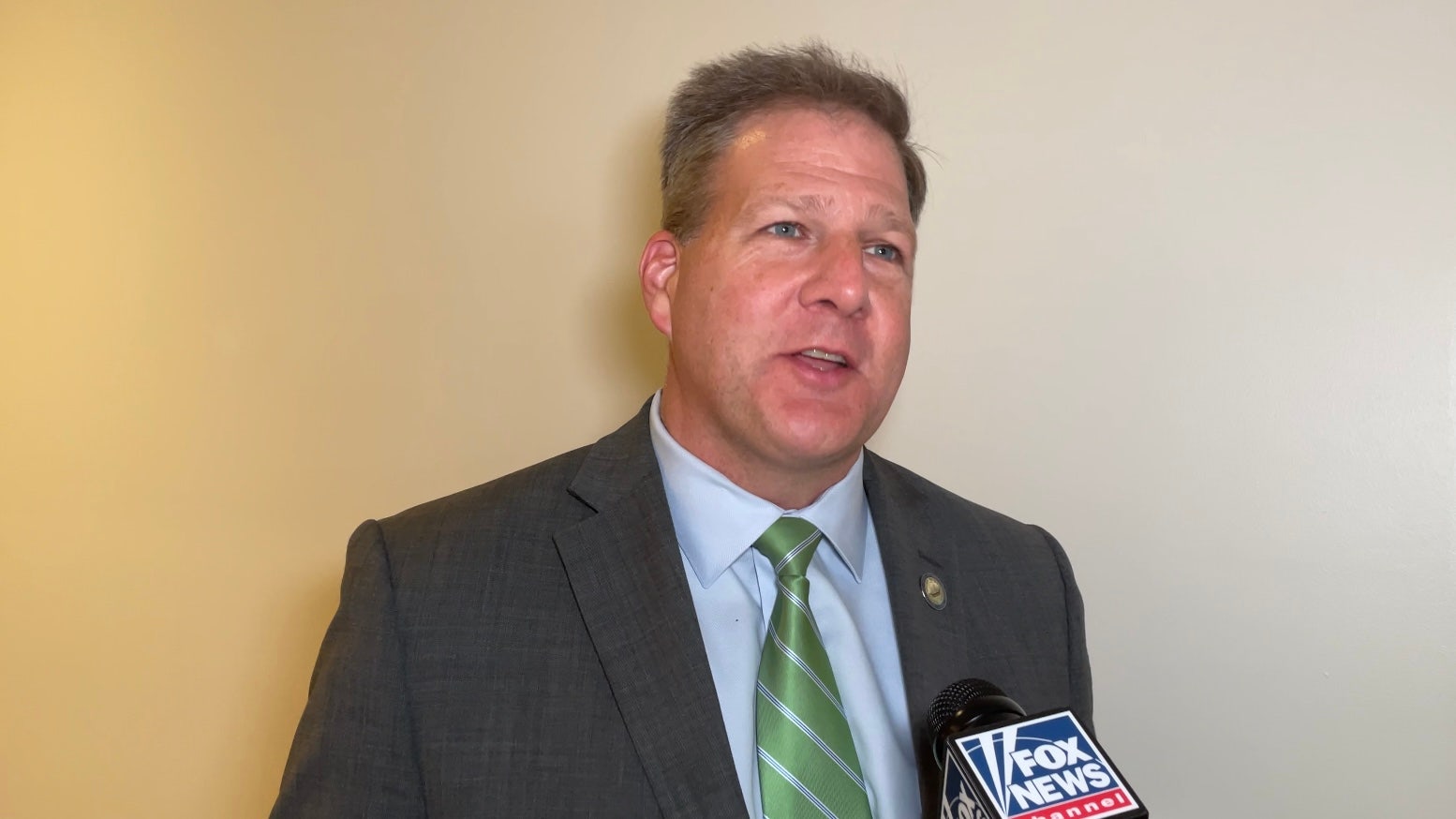Some 2,000 protesters rallied amid torrential rain in Tel Aviv on Saturday night in rare anti-government demonstrations since the start of the Israel-Hamas war.
Later, many of the demonstrators marched to a nearby rally in support of hostages held by Hamas.
For two months, the protesters at weekly rallies to support hostages have tried to stay apolitical because many relatives of hostages feel as if they must balance working with the government with pressuring it to bring home their loved ones.
But with the renewal of anti-government protests, politics have begun to seep in.
Since the Hamas-led Oct. 7 attack, anti-government sentiments, once common, have largely disappeared from the streets. Organizers halted the vigorous protests against the far-right government’s judicial reforms that consumed Israel for months.
Now, with the war closing in on its third month, some demonstrators said they felt the need to resume their protests against the government. The atmosphere at the anti-government protest on Saturday night was rife with anger as people chanted “shame” and booed any mention of Prime Minister Benjamin Netanyahu.
“At first we tried to be polite, but we’ve understood that we can’t wait anymore,” said Guy Zeoof, 56, a protester from Ramat Gan. “Bibi needs to go,” he added, referring to Mr. Netanyahu by his nickname.
Later, at the hostage rally, demonstrators were more subdued, but there was still an undercurrent of anger. Sharon Alony Cunio, a returned hostage, condemned the government for not doing more to bring home the remaining captives, including her husband, David.
“In the last few weeks, the government hasn’t presented any initiative of its own,” she said. “Instead, almost every day, only bad news about bodies is coming out of Gaza.” In recent weeks, the Israeli military said it had mistakenly killed three of the hostages.
Still, many demonstrators said they were wary of politicizing the hostage crisis.
“In a parallel world, I would be at the other protest,” Dina Walker, 27, said at the hostage rally. “I think it’s more important to show support and to make sure the people return home. After that we can take care of the rest.”





